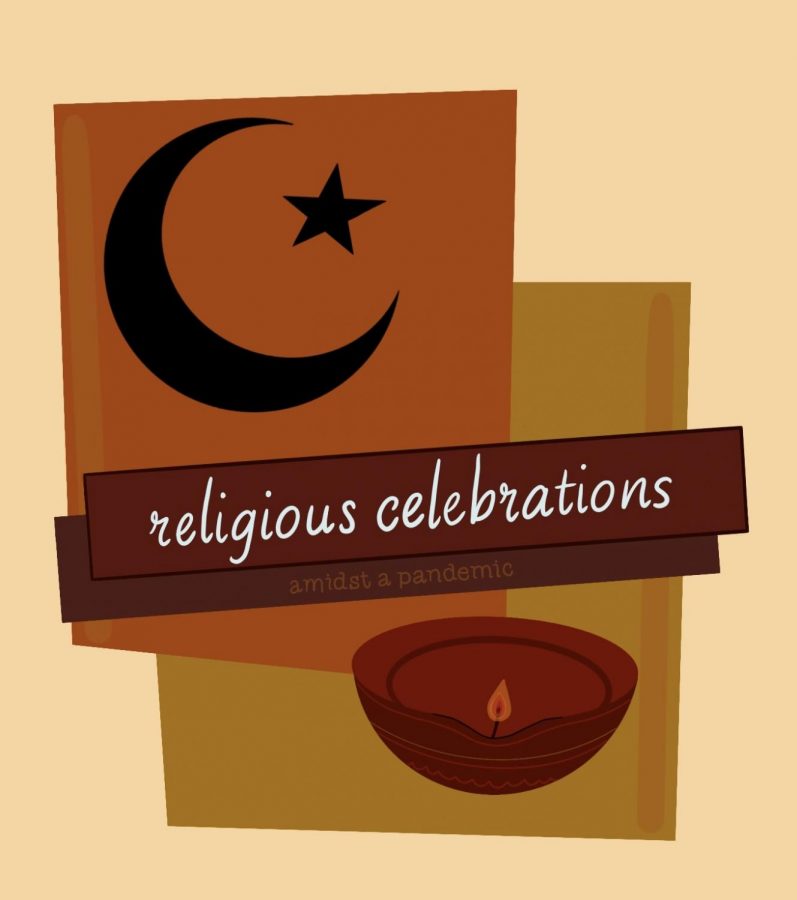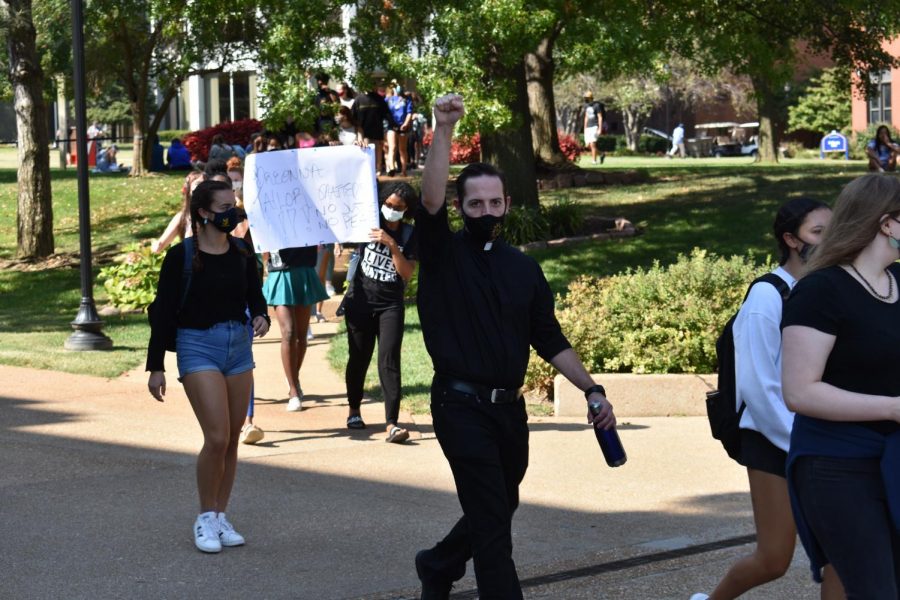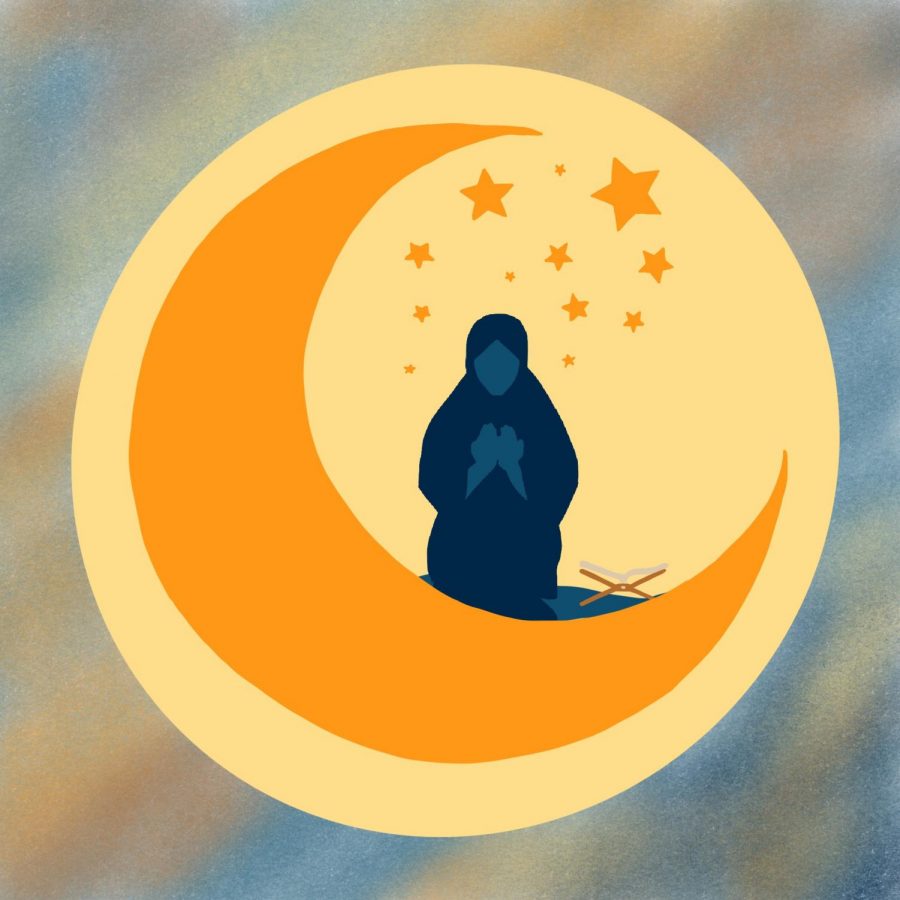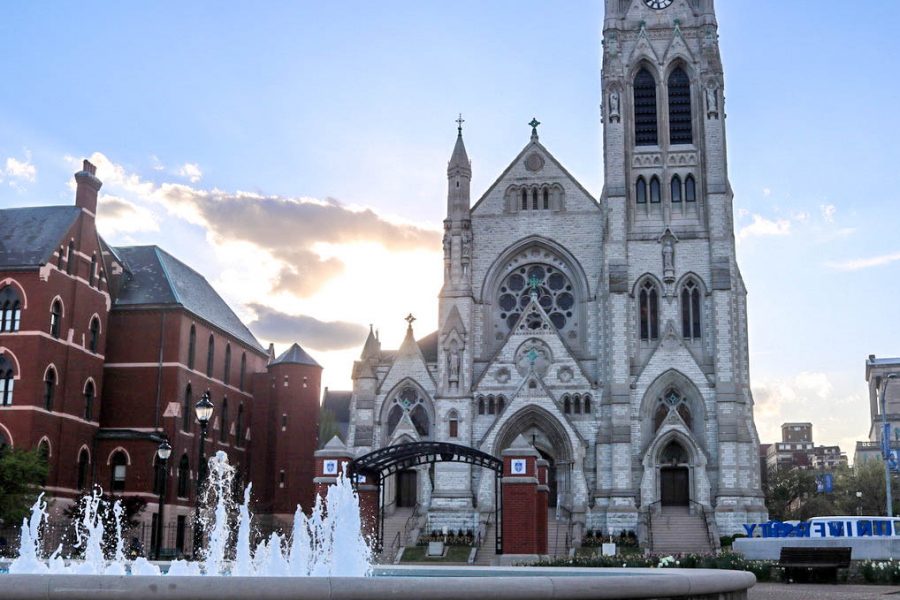In the fall of 2010, the St. Louis Post Dispatch published a short article on Saint Louis University’s plan to bring undergraduate education to prisoners and custody officers at the state prison in Bonne Terre, Mo. This pilot associate of arts degree grew out of a three-year pilot certificate program started by the Department of Theological Studies. A generous grant from the Randolph Hearst Foundation made this possible.
While the article balanced its coverage of the unique structure of the program—that it serves custody officers and men who are incarcerated—the blog reactions to the report focused on education for criminals and exuded anger and resentment.
The first comment, from Jeepmom (whose blog symbol is the Christian cross), summarized the reaction of others: “Parker, they are worse behind the prison walls because they are felons who have committed crimes that required that they be removed from society. Please keep that in mind while you are all holding hands and singing cumbaya …” There is irony in her comments, for they sound strangely judgmental coming from one who venerates a person who was nailed to the Roman death penalty device of choice.
Like Jeepmom, I embrace the cross of Christ. I teach theology at a Catholic university. However, while she accused me of “scoring liberal points by the pant load,” my only defense is the gospel. This is best explained in the words of Raymond Scott, the valedictory speaker at the Bonne Terre prison graduation ceremony in May 2010, celebrating the accomplishment of 15 students receiving their certificates in theological studies:
In the Gospel of Matthew, chapter 25, verse 35, there is a passage that highlights my experience [of the program]. ‘For I was hungry and you gave me food, I was thirsty and you gave me something to drink …’ Personally, I was hungry for achievement, and thirsty for knowledge. Matthew 25 goes on to say, ‘I was a stranger and you welcomed me, I was naked and you gave me clothing, I was sick and you took care of me.’ Before [this program] … I was a stranger to myself, to my spiritual self—but not anymore. The professors helped me find my dignity again. I am no longer naked. Indeed they helped clothe me—not only with dignity, but with the sense of self-worth that we all hunger and thirst for … the last passage from Matthew 25 reads, ‘I was in prison and you came to visit me.’ What you have done here for us—we who have long considered ourselves ‘the least of these’—has had an incredible impact on us.
While Ray beautifully summarized his experience of the program through scripture, my colleagues and I have discovered an even deeper truth in that passage. The “righteous” asked the King (Christ): When had they welcomed him as a stranger, given him food and drink, clothed him, cared for him in illness, and visited him in prison? The King responded, “Truly I tell you, just as you did it to one of the least of these who are members of my family, you did it to me.” As each professor went to the prison to teach, he came back knowing that he had encountered Christ … and Christ came to him through persons who had committed murder, violence, sexual crimes, and more. We call the Saint Louis University Prison Program a Matthew 25 project, not because of what we “do for prisoners,” but because we long to find Christ in our world.
It is also a vital way that we can care for prison staff, who have one of the most thankless jobs in our society—but one which we need to keep our communities safe. My colleague and fellow theologian, Professor Tobias Winright, clarified for me the importance of addressing the educational needs of prison staff. Because his mother was a homicide detective, and Professor Winright put himself through college while working as a custody officer and policeman, he knows the struggles faced by his former comrades. He empathizes with their need to better understand the difficulties and challenges they face.
Our stated mission at Saint Louis University is “the pursuit of truth for the greater glory of God and for the service of humanity.” We are dedicated to “the discovery, dissemination and integration of the values, knowledge and skills required to transform society in the spirit of the Gospels.” This Catholic Jesuit grounding is dedicated to developing programs “that link University resources to local, national and international communities in collaborative efforts to alleviate ignorance, poverty, injustice and hunger; extend compassionate care to the ill and needy; and maintain and improve the quality of life for all persons.”
Many at SLU now see our Bonne Terre prison campus as the realization of these values that, in the past, had been abstract ideals that sounded good but did not touch their work. Like me, they have discovered that our engagement with prisoners and custody officers is a way to see in concrete terms the full meaning of the gospel imperative of our mission statement.
To say that the Saint Louis University Prison Program is a Matthew 25 project is shorthand for stating the complex reality of being a Christian university in the 21st century. We must be engaged in issues of critical importance to society (the incarceration crisis); we must share our skills and knowledge with those at society’s margins (prisoners and prison staff); and in so doing transform society (discovering the image of God, even in the worst of offenders). While I have not yet held hands and sung “cumbaya” with our students, I have discovered through them Christ’s presence in the world, and that experience has transformed me. It is transforming our university. Perhaps it can transform our nation.
Dr. Parker is the director and founder of the SLU Prison Initiative.








Jennifer Adkins • Mar 1, 2012 at 3:14 pm
Saint Louis University’s mission statement is our guide as students, faculty, and employees, to see beyond emotional qualms we may have with ourselves and others. As Dr. Parker states, the mission says, “maintain and improve the quality of life for all persons.” Causing deliberate suffering (taking away quality of life) and or killing someone is not in our mission, neither is it in any biblical scripture (at least that I have read thus far). Call me crazy but, “being men and women for others,” should not include excluding others based on the judgement we have placed upon them.